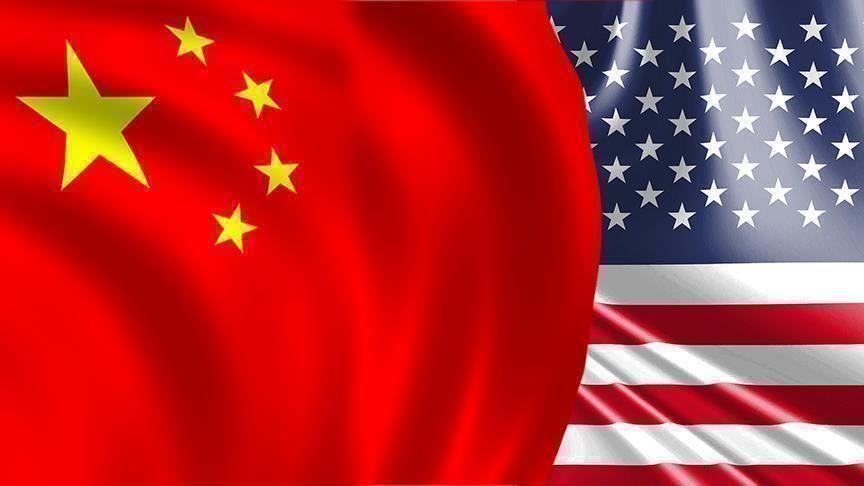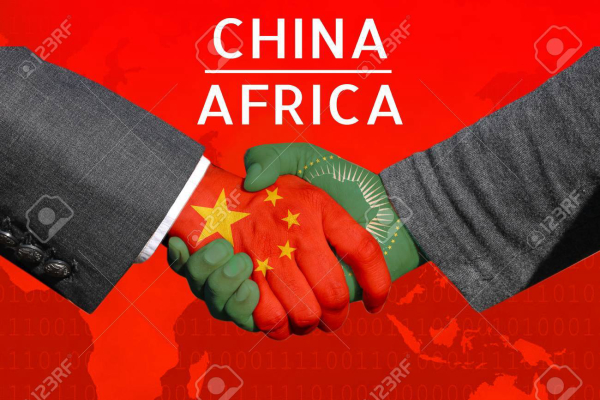The removal of China’s foreign minister, Qin Gang, after just seven months in office, has sparked discussions on the potential impact on China-US relations. Analysts point out that Qin’s sudden departure, followed by the appointment of former foreign minister Wang Yi as his replacement, could have implications for the diplomatic endeavors between the two nations. It’s imperative to look into the ramifications of this leadership transition on China-US relations, exploring whether it could lead to shifts in China’s foreign policy and how the new leadership might navigate the complex dynamics between the world’s two largest economies.
The replacement of Qin Gang, and the subsequent appointment of Wang Yi as his replacement are unlikely to result in significant changes in China’s foreign policy towards the United States. President Xi Jinping’s continued control over foreign policy decisions and Wang’s previous experience as foreign minister suggest a desire for continuity during a time of instability. However, the evolving personal dynamics between the new leadership and their American counterparts may play a role in shaping the future of China-US relations.
The abrupt change of foreign minister Qin Gang and Wang Yi’s more confrontational approach compared to Qin’s cooperative stance may lead to a shift in China’s negotiation strategy with the United States. While President Xi Jinping’s influence remains critical, Wang’s interactions with American officials and his dual role as the head of the Foreign Affairs Commission Office could impact the dynamics of future coordination and negotiation.
Qin Gang’s unexpected removal from the position of foreign minister has raised questions about potential implications for China-US relations. However, experts argue that this change in leadership is unlikely to lead to significant shifts in China’s foreign policy towards the United States. President Xi Jinping’s ultimate authority over foreign policy decisions suggests a desire for continuity, even amidst changing circumstances.
The appointment of Wang Yi, a former foreign minister with extensive experience in international relations, as Qin Gang’s replacement, further strengthens the notion of continuity in China’s diplomatic strategy. Wang’s history in foreign affairs and his dual role as the head of the Foreign Affairs Commission Office indicate his significance in shaping China’s foreign policy decisions. This appointment underscores China’s commitment to maintaining stability and continuity during a time of global uncertainty.
While the removal of Qin Gang may not signal a significant policy shift, Wang Yi’s more confrontational approach compared to his predecessor could influence China’s negotiation strategy with the United States. The personal dynamics between Wang and his American counterparts may play a pivotal role in shaping the future of China-US relations.
Wang Yi’s deeper connections with US officials, established over years of diplomatic engagement, may provide him with an advantage in navigating the complexities of China-US relations. However, his more assertive interactions during his tenure as foreign minister may lead to a “stiffer” approach in future negotiations. This shift, relative to Qin’s cooperative stance, could impact the dynamics of coordination and negotiation between the two nations.
The removal of China’s foreign minister, Qin Gang, and the appointment of Wang Yi as his replacement are unlikely to bring about significant policy changes in China’s foreign policy towards the United States. President Xi Jinping’s continued control over foreign policy decisions signals a desire for continuity in China’s diplomatic strategy. However, Wang Yi’s more confrontational approach may influence China’s negotiation strategy with the United States, and the evolving personal dynamics between the new leadership and their American counterparts may play a crucial role in shaping the future of China-US relations. As the diplomatic landscape continues to evolve, fostering dialogue and understanding remains essential for building a stable and constructive relationship between China and the United States.
By Daniela Lopez, Editor
















